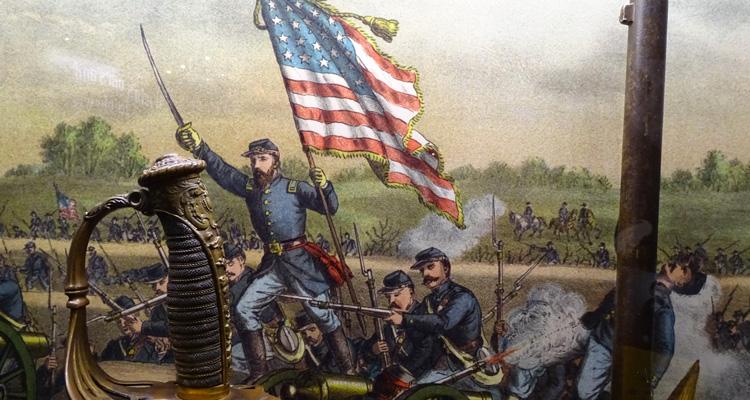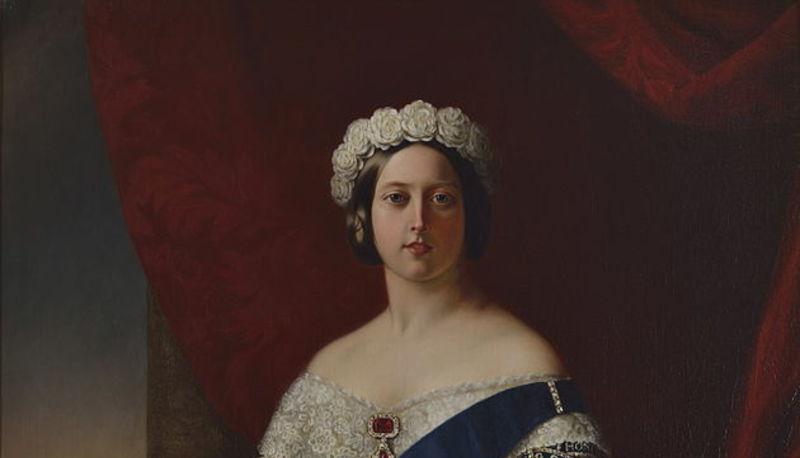Concetti Chiave
- The Victorian Age spanned from 1832 to 1901, characterized by both progress and social unrest, with a strong emphasis on work ethic and morality.
- Victorian society grappled with social issues like prostitution and poverty, balancing Evangelical ideals with an idealized societal vision.
- The period was heavily influenced by philosophical movements such as Utilitarianism, Darwinism, and Empiricism.
- The American Civil War was a pivotal event from 1861 to 1865, rooted in North-South tensions over slavery, culminating in its abolition without achieving full equality for blacks.
- The 19th century saw the New England Renaissance in literature, promoting themes of unity, nature, and a universal spirit connecting all.
L'età vittoriana
The Victorian Age began in 1832 (whit the “First reform act”) and ended in 1901; it was a composite age: there were progress and stability, but also injustice and social rest. The Victorians encouraged a code of values based on hard work, respectability, severity and prudery. Then philanthropy was a wide phenomenon, while sexuality was largely repressed, prostitution and poverty were social evils, so the Victorian made a “compromise”: they followed the Evangelicalism and they had an idealized vision of their society. The public opinion was influenced by Utilitarianism (“the greatest good for the greatest number”), Darwinism (the man is the result of a process of evolution) and Empiricism (progress comes from mental energy).
La situazione politica in America
The political situation in America was tense because of the division between the North and the South, especially about the question of slavery. In this context, the Civil War broke out in 1861, ending in 1865 with the abolition of slavery, even if it didn’t grant the blacks equality. Then, in the second half of the eighteenth century there was an exceptional technological and industrial development and America became the most modern country in the world.

Il Rinascimento del New England
In the 19th century in literature developed a movement called the “new England Renaissance” (1830-1865). 






 Accedi a tutti gli appunti
Accedi a tutti gli appunti
 Tutor AI: studia meglio e in meno tempo
Tutor AI: studia meglio e in meno tempo